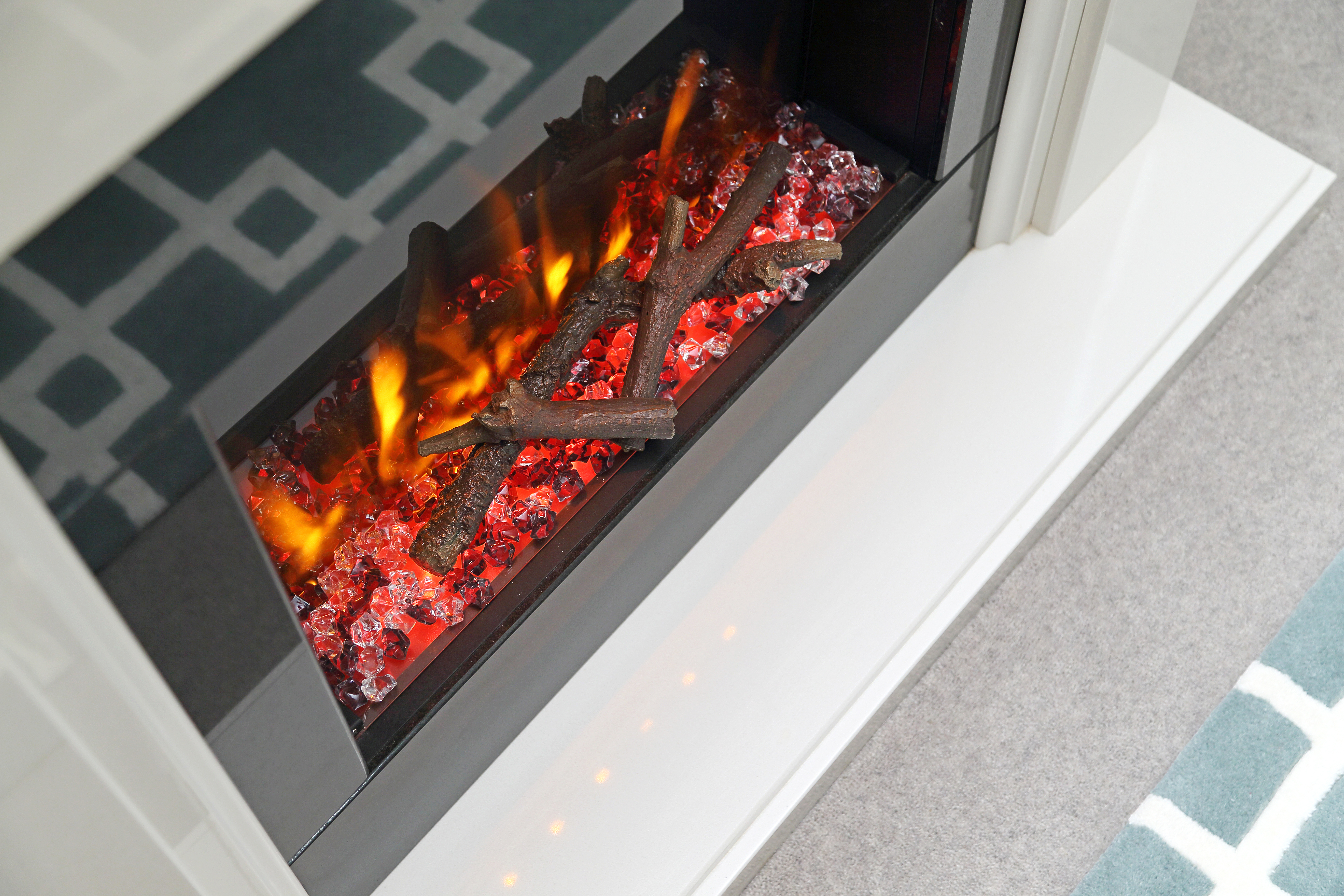

Energy bills in the UK are predicted to rise further in 2025 due to issues that have increased wholesale energy costs.
Beechcroft’s inhouse survey revealed that 91% of its customers at Cotswold Gate, Burford, stated that energy-efficiency is important to them. This isn’t surprising, particularly when energy bills in the UK are predicted to rise again this year due to issues that have increased wholesale energy costs that have subsequently put a number of energy suppliers out of business.
This could be the perfect time to downsize your energy bills by retiring to a brand-new Beechcroft home. Not only could you make substantial savings, you could benefit the environment, have a home that requires far less maintenance and become part of a community of like-minded people.
And did you know you could save on more than just your energy bills with Beechcroft? Find out about the other savings you could make in our 'Downsize your cost of living' leaflet.
The figures in the Home Builders Federation “Watt A Save” update published in January 2025 reveal that new build house owners can save approximately £81.60 a month on energy bills, equivalent to £979 a year. New build homes are consistently rated with much higher Energy Performance Certificates (EPC) than older homes. For homes logged in the year to September 2024, 86% of new builds were rated A or B for energy efficiency, whilst approximately 5% of existing homes achieved the same standards. Of the existing homes, over 45% were rated D or lower.
Although older homes can be retrofitted to improve efficiency, research from Nationwide finds that the average bill facing those in homes currently rated D or E is over £8,000, and considerably higher for those in properties rated F or G. The Government has tried, on several occasions, to introduce schemes to retrofit homes and improve energy efficiency but older properties still fail to reach the same standards as new build homes.
A recent UK-wide study of property buyers for new homes by a kitchen fixtures supplier has revealed that 61% of house buyers prioritise energy efficiency when looking for a new home. Sustainability has become increasingly important and the features expected in new builds include double or triple-glazed windows, insulated walls, doors and roofs and energy-efficient heating systems.
If you are downsizing from an older property with four or five bedrooms to a much more energy-efficient property with two or three bedrooms, then you’ll be making even more savings because you won’t be heating unoccupied bedrooms.
New build homes have to comply with the latest building regulations, designed to ensure a minimum level of thermal performance and insulation which makes them far more energy-efficient. New homes have much better insulation – in terms of the cavity walls, flooring and roofing and this means they are far more energy efficient. They generally have much better quality doors and double glazing which lets in the sun but reduces the heat loss – making it twice as efficient as double glazing from the 1990s. Modern boilers are more efficient and homes incorporate modern technology designed with energy-saving in mind and appliances with better energy-ratings and settings which can help save energy.
It can be done but many older houses are revered for their architecture and cultural significance and can be difficult to heat and difficult to retrofit. Costs for retrofits vary depending on the size of the house, its age and energy efficiency. You will need a retrofitting expert to conduct an analysis and create a plan – which could cost anywhere between £40,000 and £200,000 and an older house, even if energy-efficient, will still require a good deal of maintenance.
According to a survey published by the Home Builders’ Federation 54% of the people polled were not aware of the energy efficient rating of their current home when they moved in. Indicating the energy efficiency of buildings, Energy Performance Certificates or EPCs are based on data about a building’s energy features including the building materials used, the heating systems and the insulation. The data is collected by an accredited energy assessors and entered into government-approved software to generate a score for the EPC typically ranging from 0 to 100. Domestic EPCs are banded from A to G with A being the most energy efficient.
“I would highly recommend both the development and the location. The house is very well designed and, despite this being a downsize for me, it doesn’t feel like it. The quality is excellent, the storage is very good and the property is energy efficient.”
, Castle Gardens, Watlington
The latest research by the Home Builders Federation states that new build homes are consistently rated with much higher EPCs than existing dwellings. For homes logged in the year to September 2024, 85% of new builds were rated A or B for energy efficiency, while 5.1% of existing dwellings reached the same standards. In contrast, over 45% of existing dwellings were rated D or lower.
When compared to older properties, new houses are far more energy efficient. New build houses built before 2023 can save up to 64% on energy bills and those, like Beechcroft, built after 2023 and complying with new regulations can save up to 74% according to the latest full ‘Watt A Save’ report. Older flats, by nature of their position in a building, surrounded by other flats and with fewer external walls, tend to be more energy efficient than houses but new build apartments are still far more energy efficient saving up to 45% on energy bills if constructed before 2023 and up to 61% if constructed in accordance with the new Part L regulations.
Yes. New homes also have significantly less impact on the environment than older properties. EPC assessments include an environmental impact score based on expected carbon dioxide emissions. The higher the EPC, the less the impact on the environment. The latest HBF WattASave figures reveals that new build homes emit 65% less carbon than older counterparts, cutting annual emissions by 2.29 tonnes per property.
In addition to high levels of insulation to minimise energy loss, LED lighting, double-glazed windows and energy-efficient boilers, Beechcroft homes include energy-efficient appliances and underfloor heating, which is more efficient than traditional radiators. The new build homes also include air source heat pumps and whole house ventilation.
29 May 2025
There are at least 12 different terms to describe retirement housing including extra care housing, housing with care, independent…
Read more9 May 2025
If you enjoy travelling within the UK, there are plenty of financial benefits related to retirement. It’s easy to leave the car…
Read more7 April 2025
From beautiful landscapes to excellent transport links, Kent offers the best of both worlds - convenience and charm - along with…
Read more


.jpg)
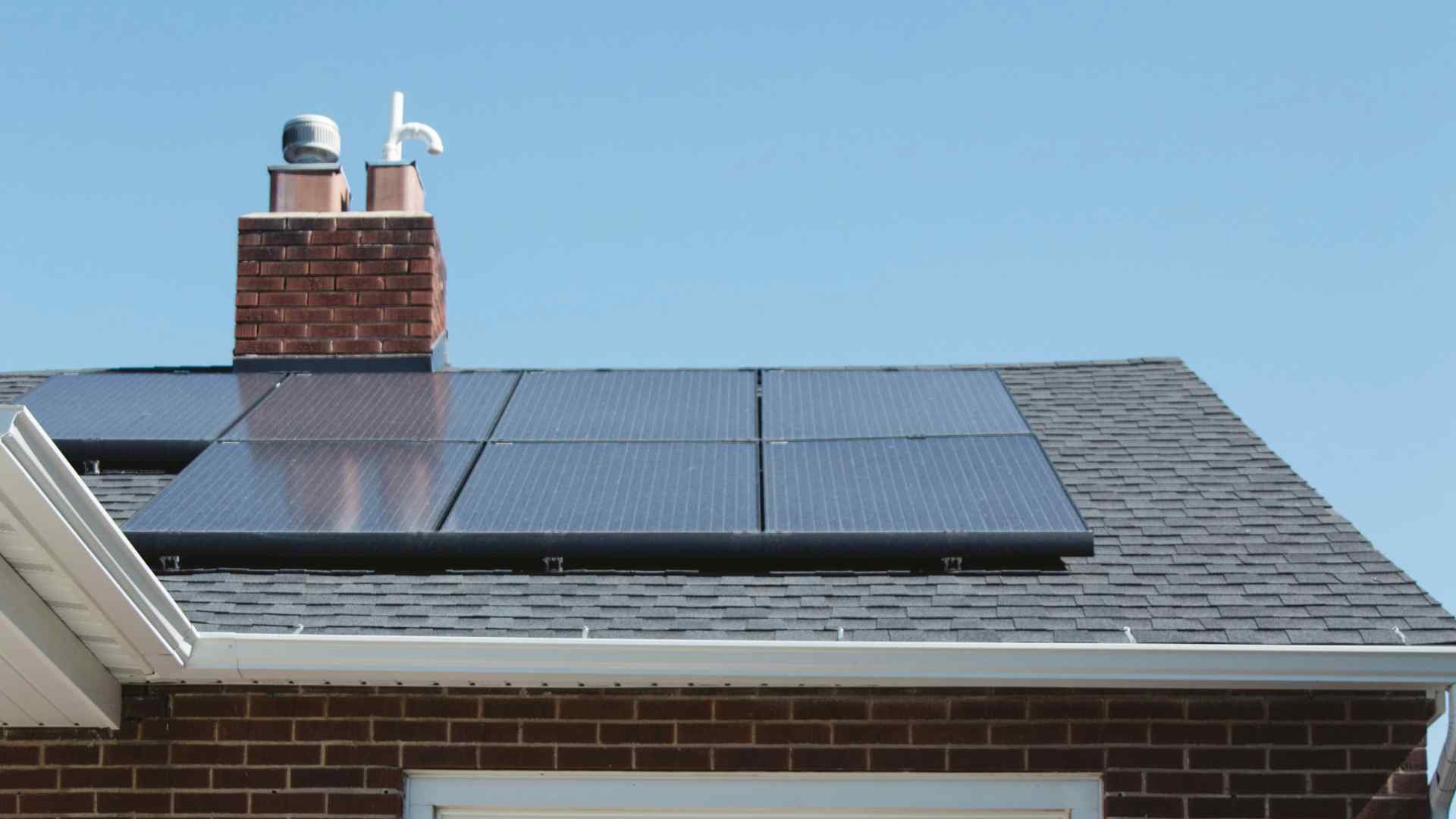
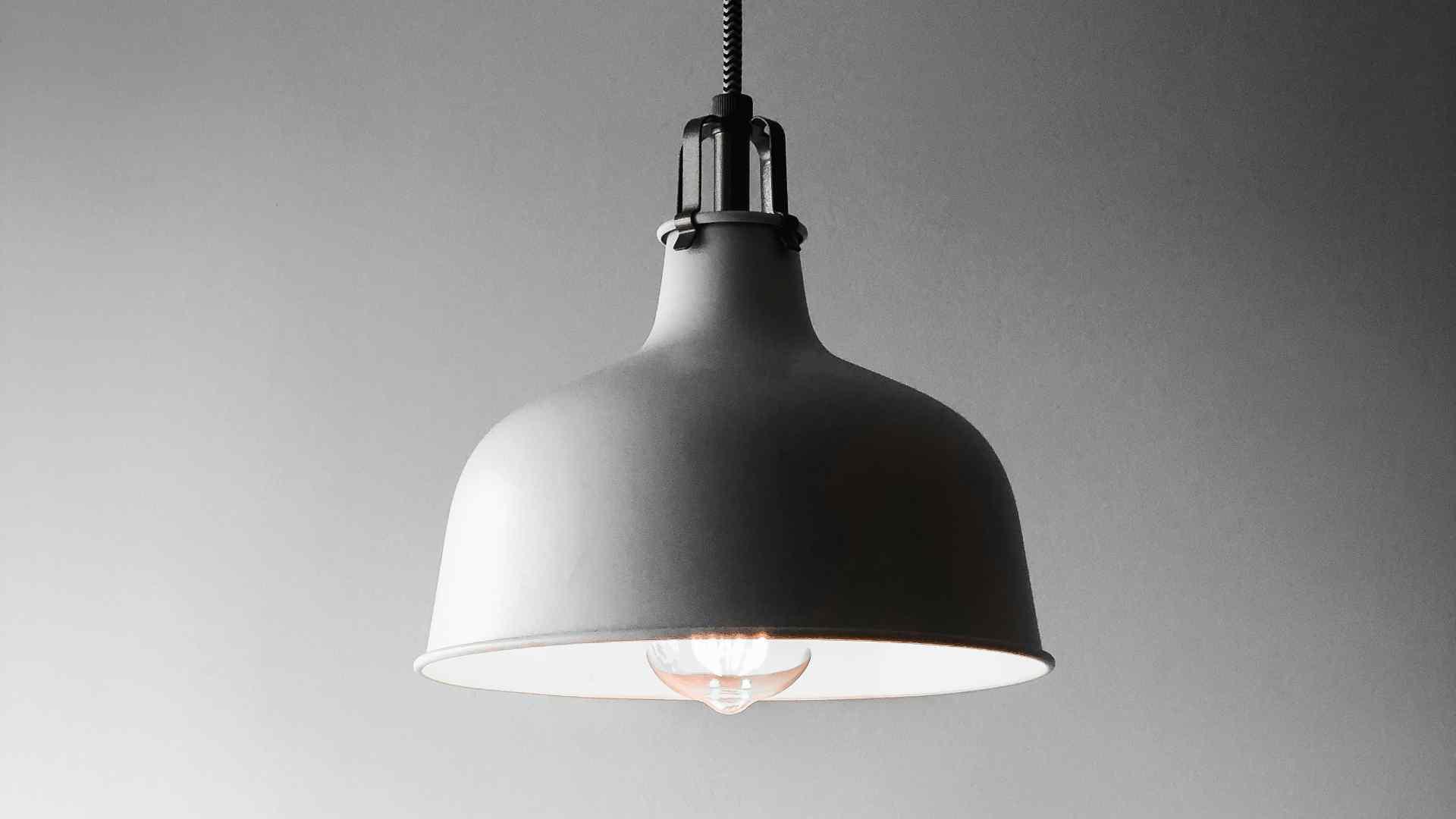
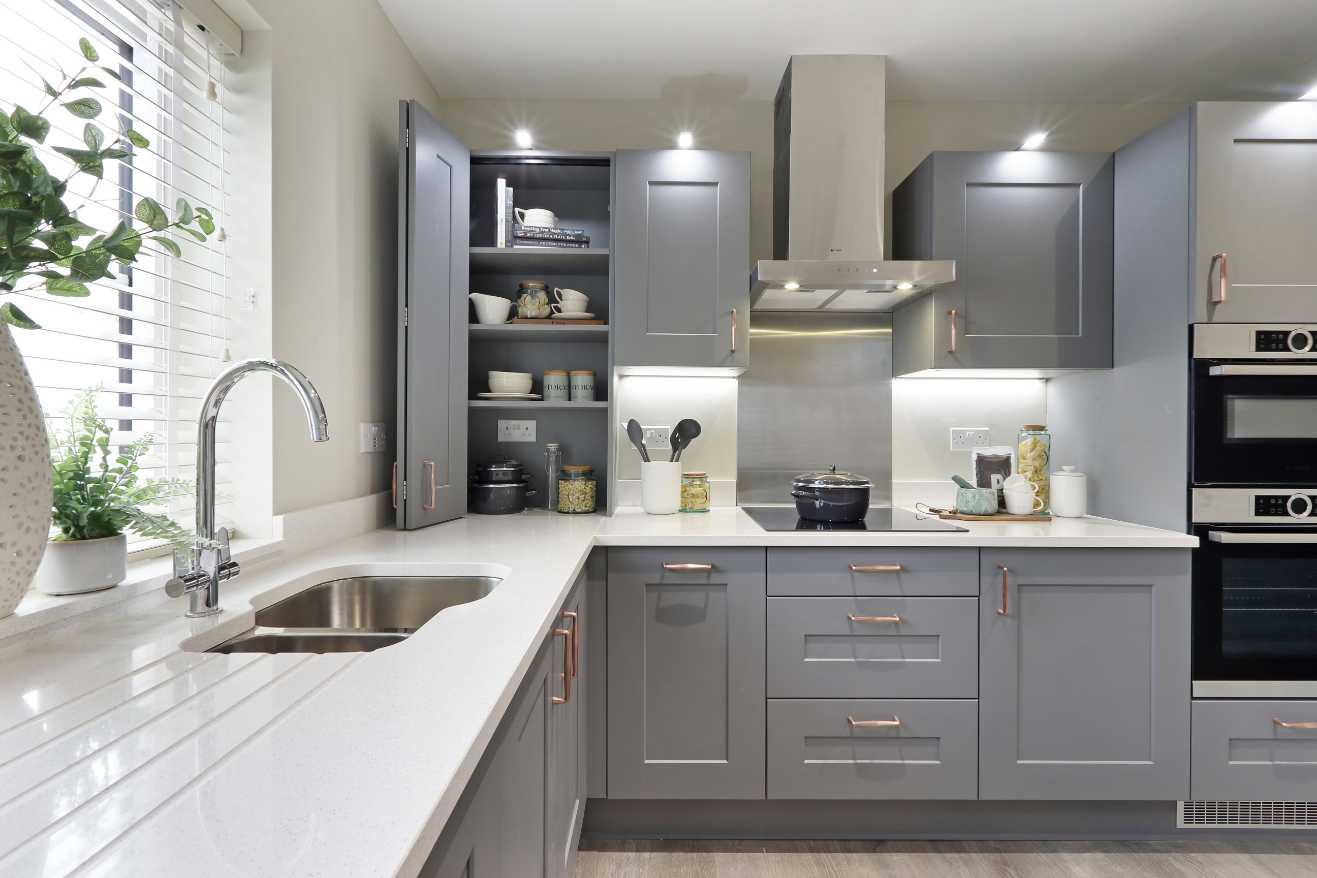
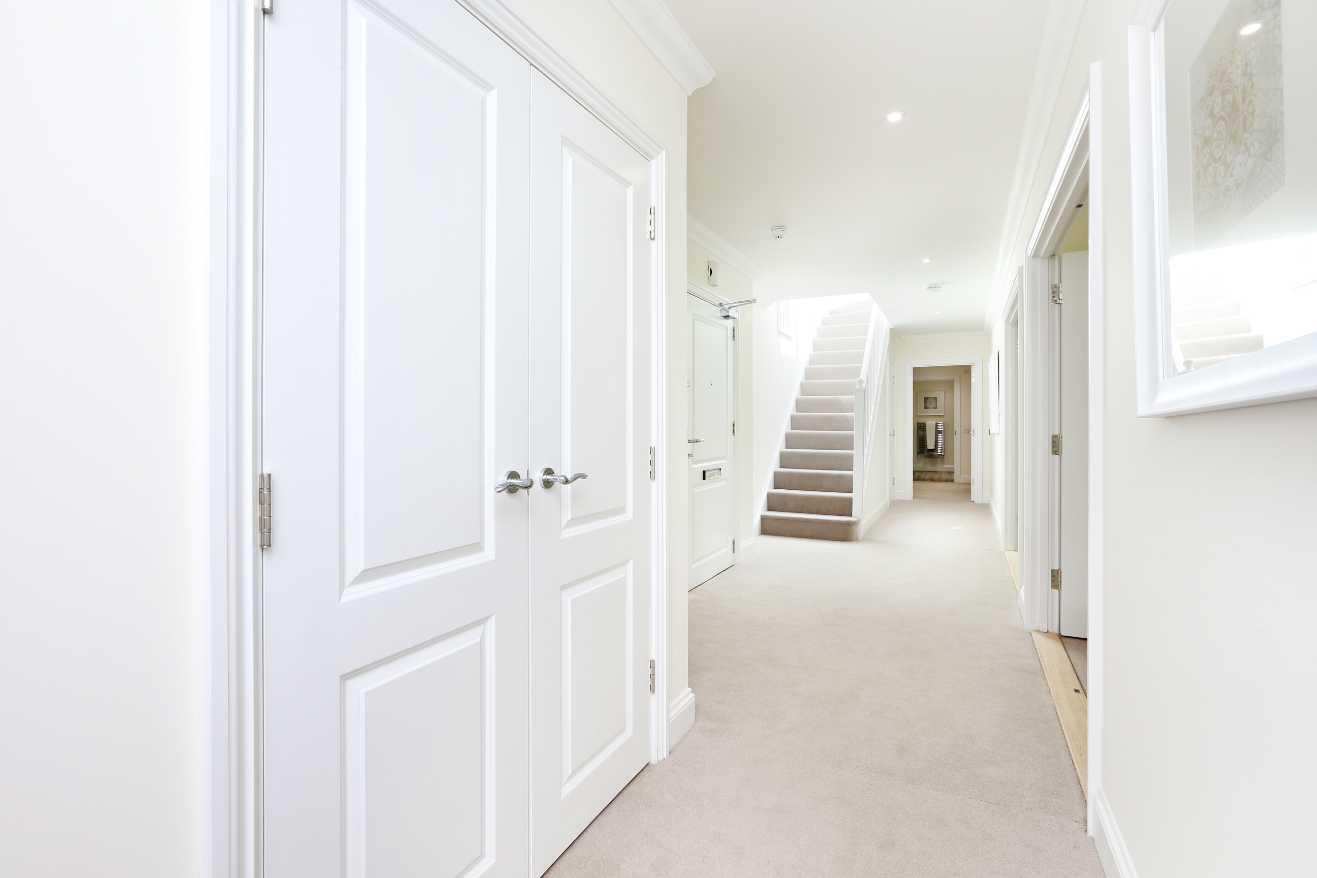

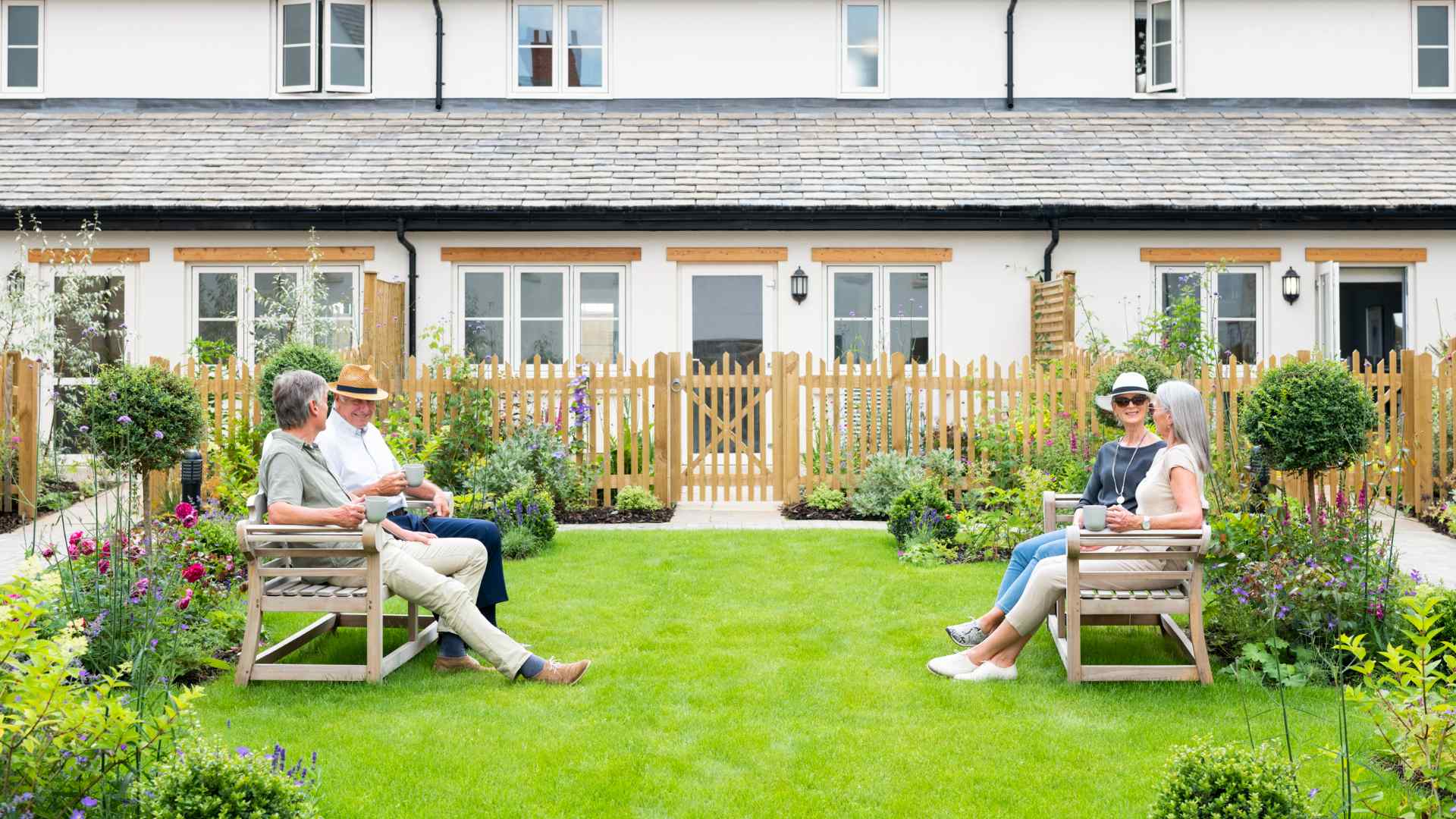
.jpg)
